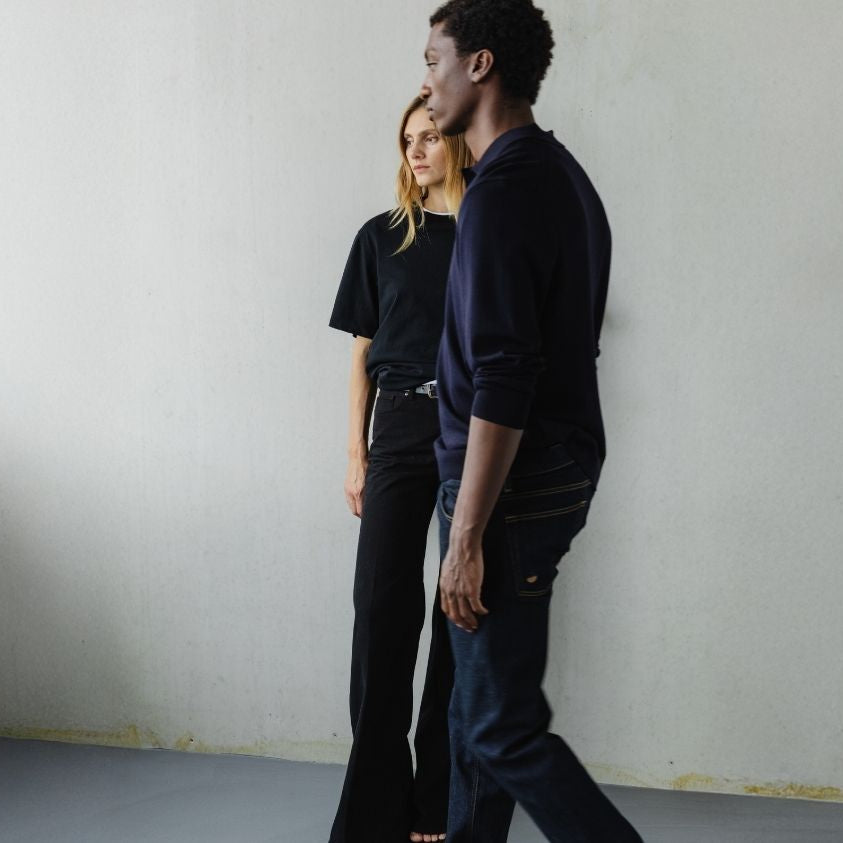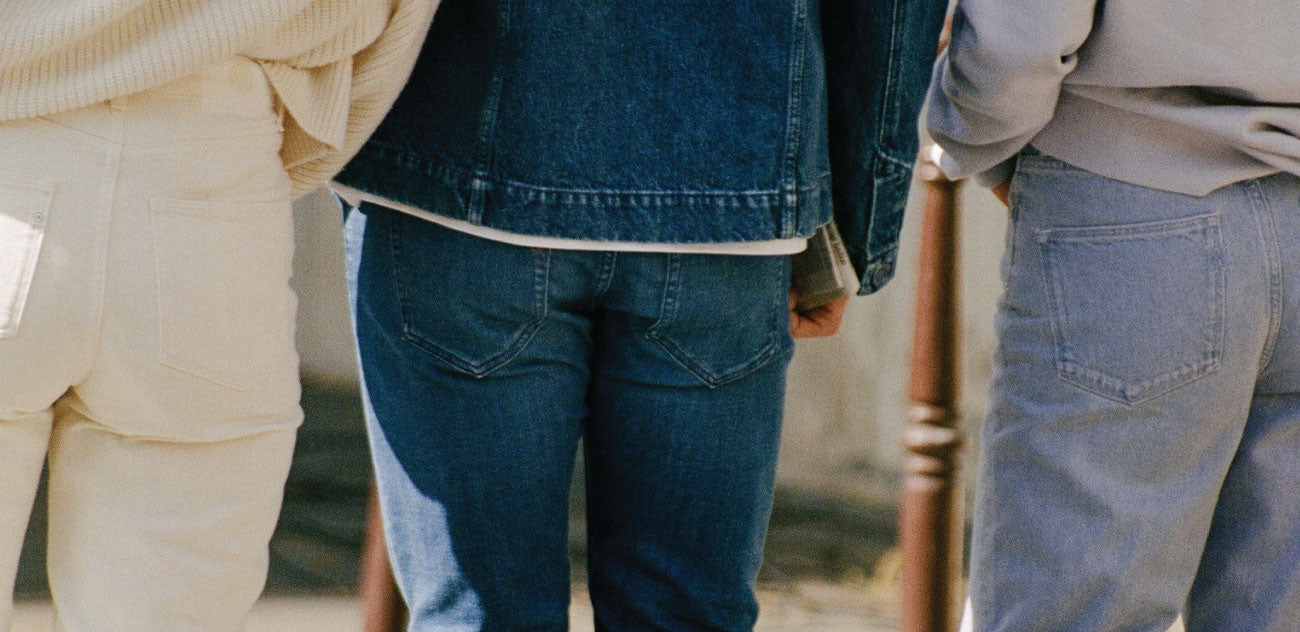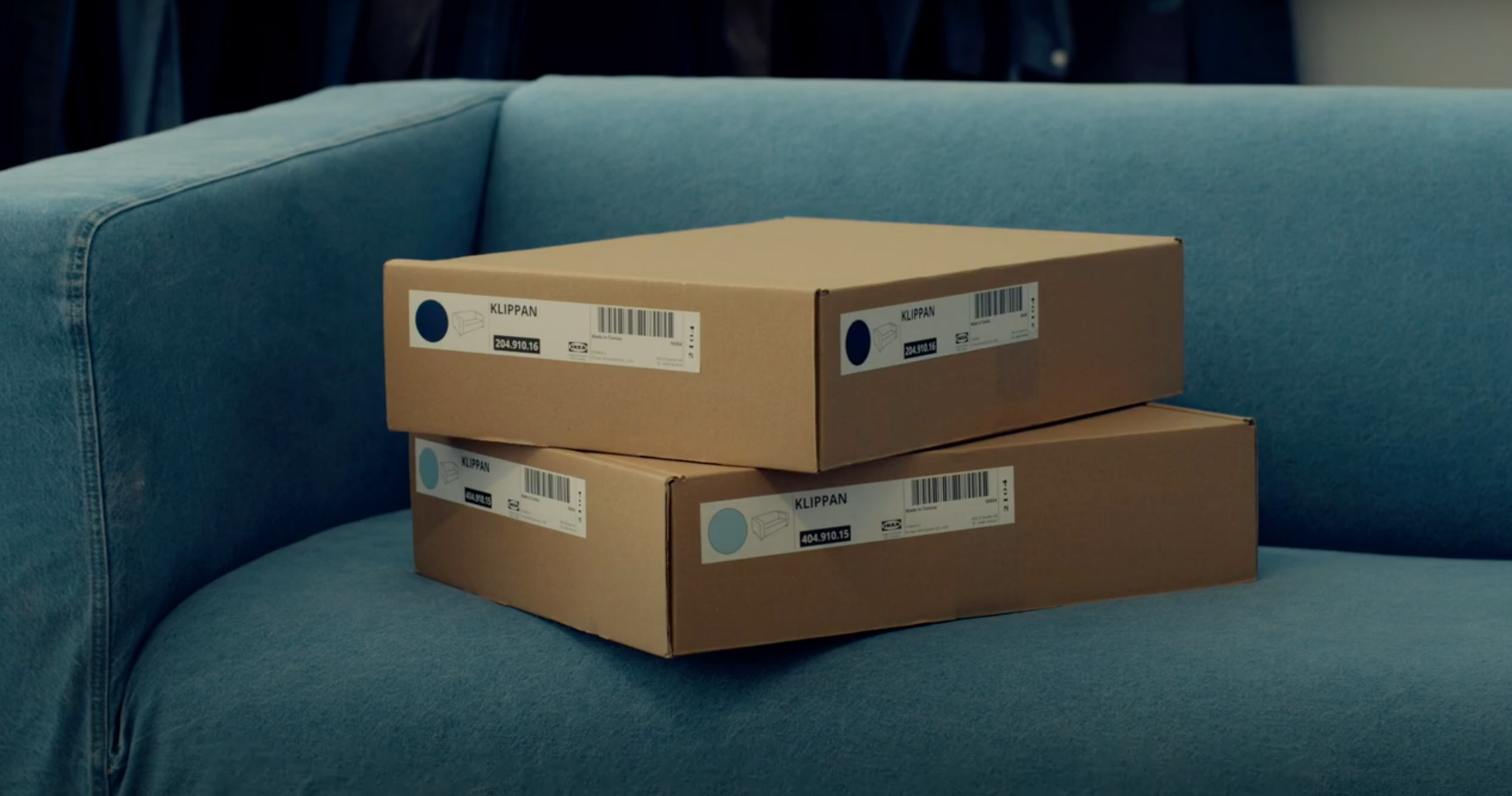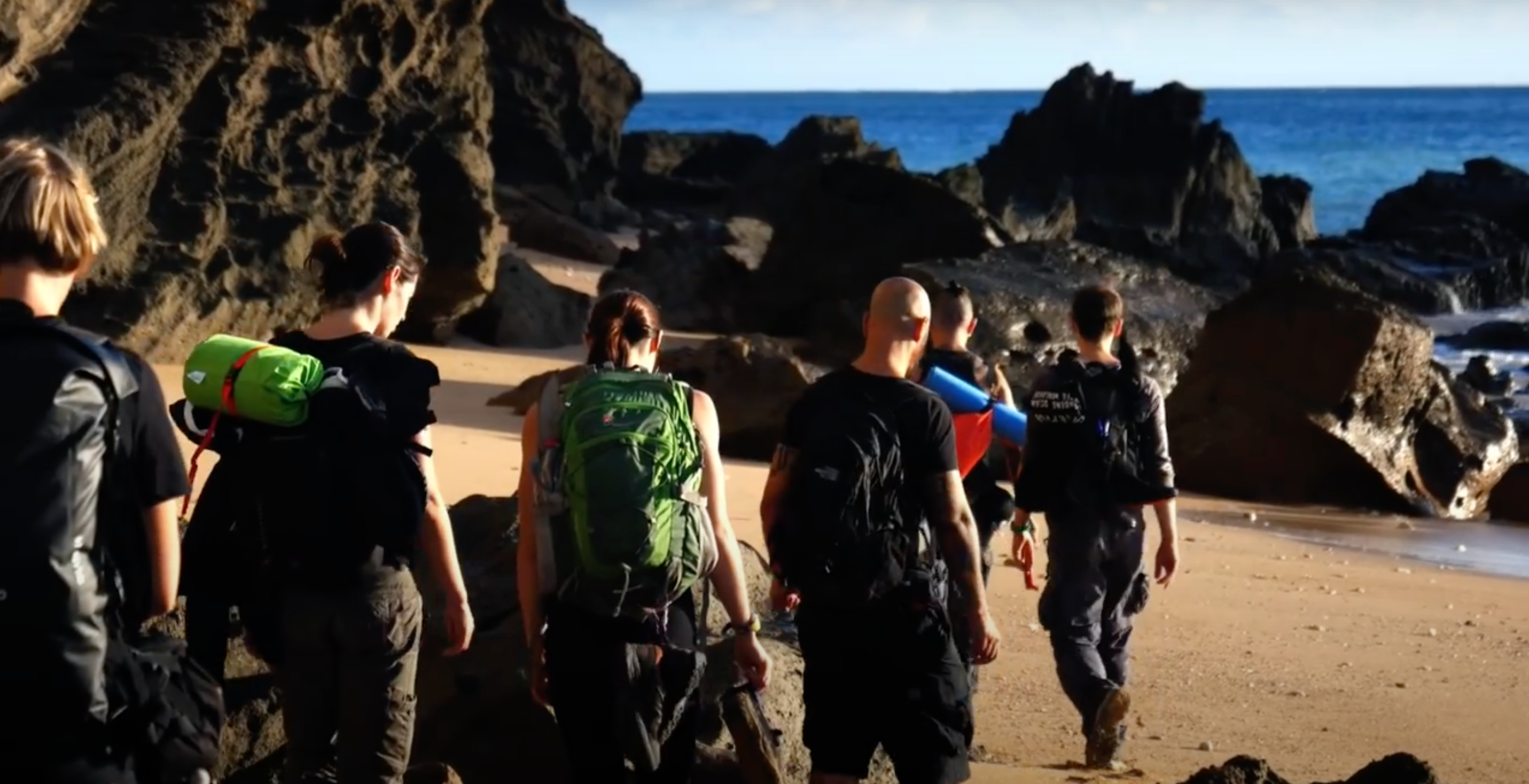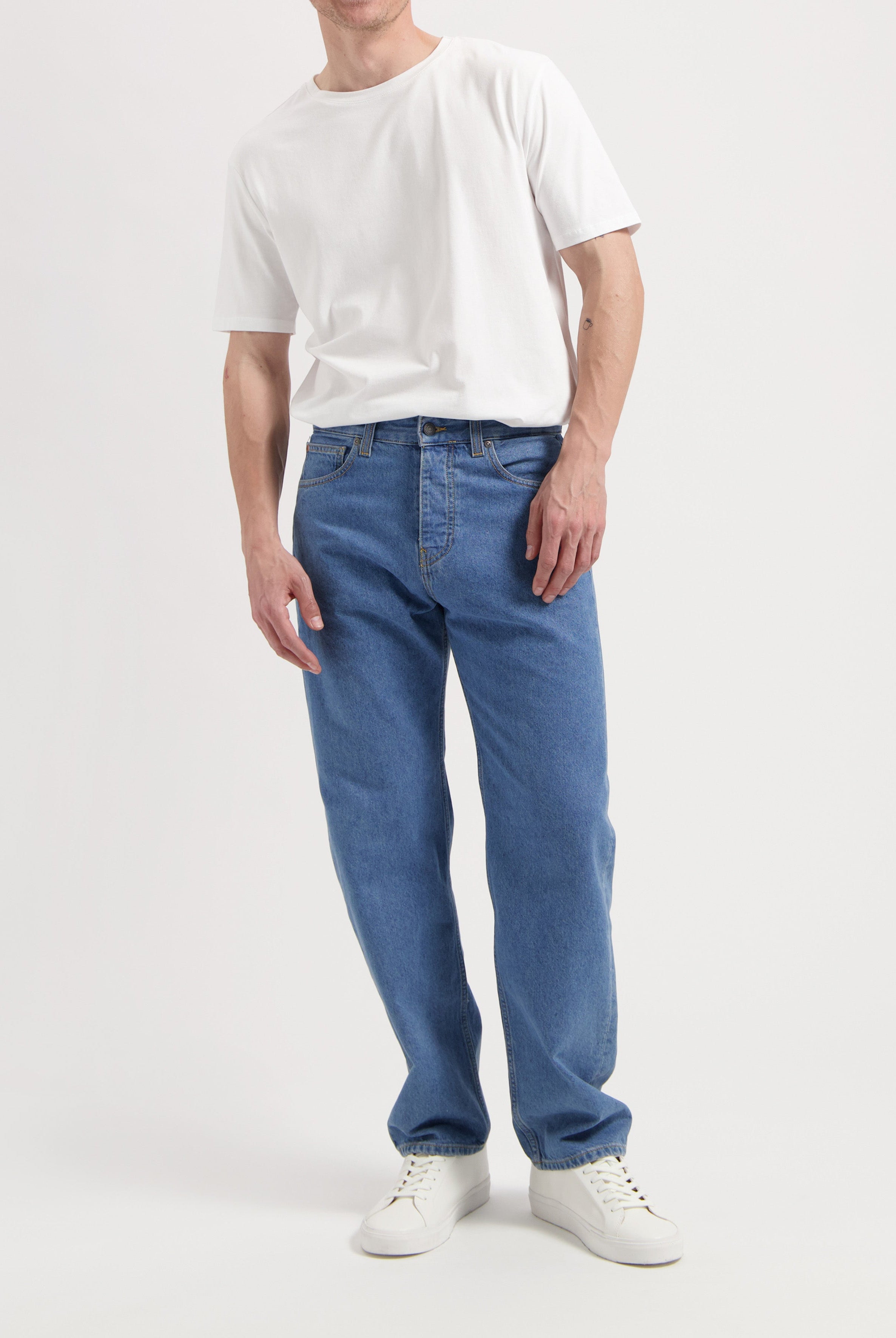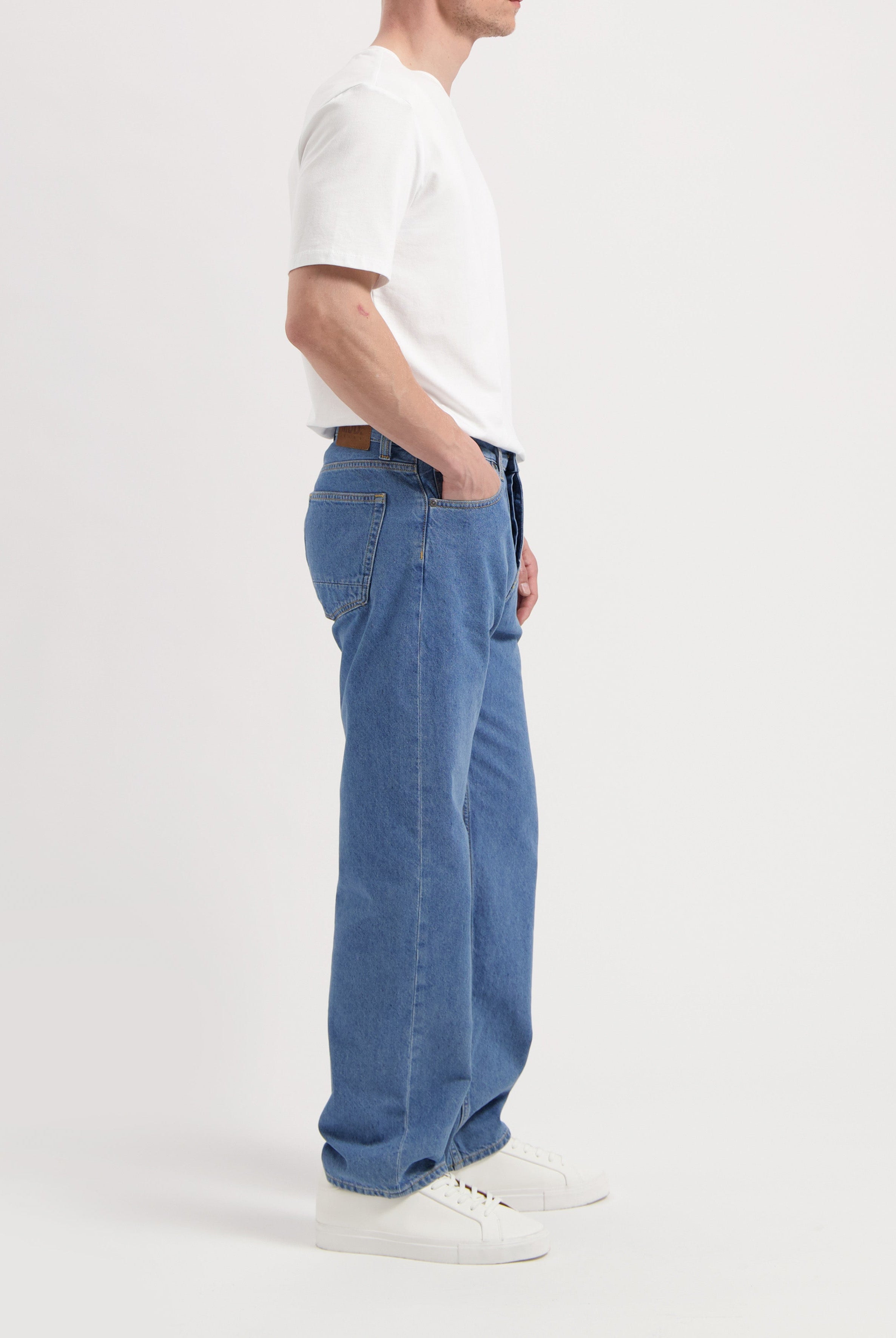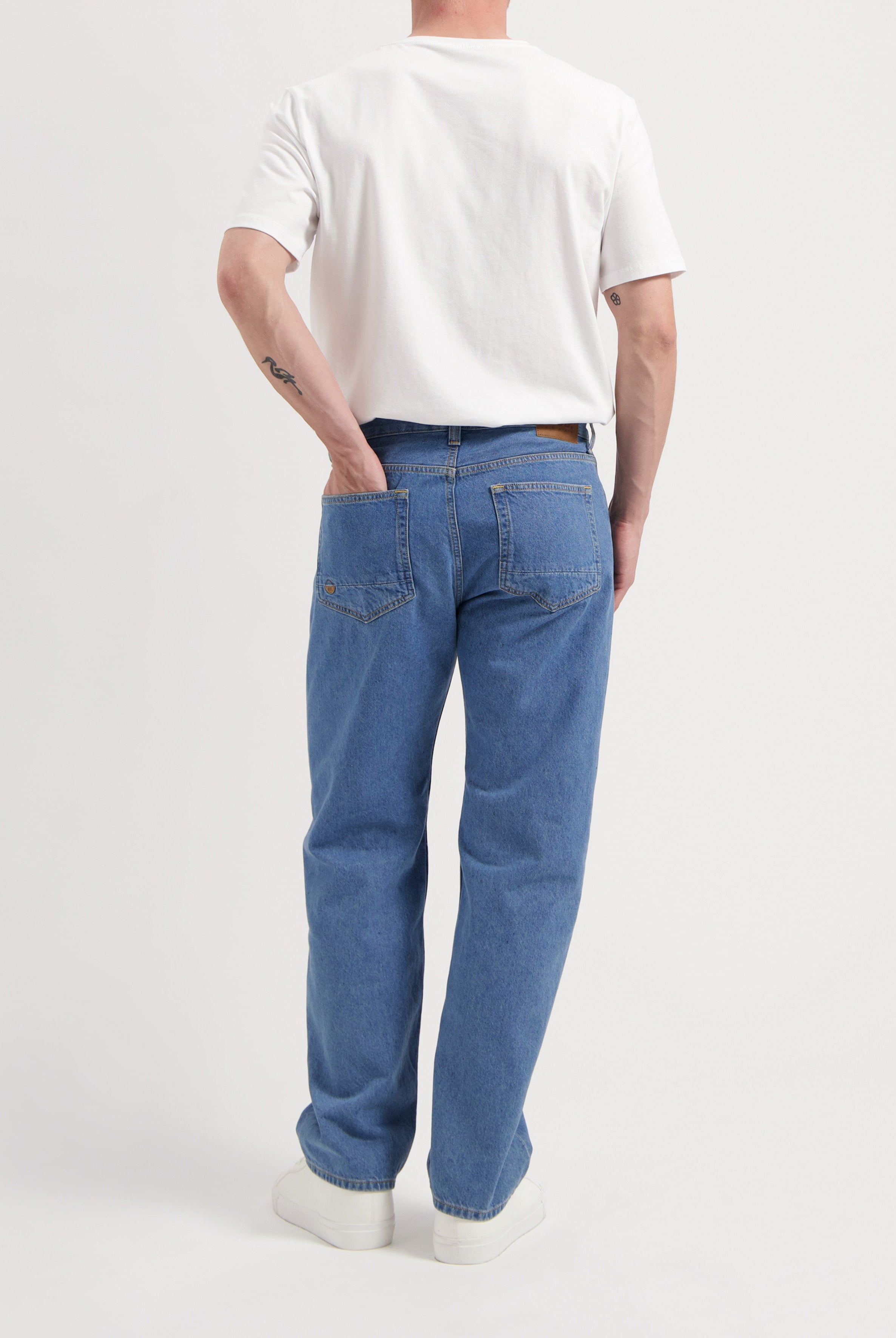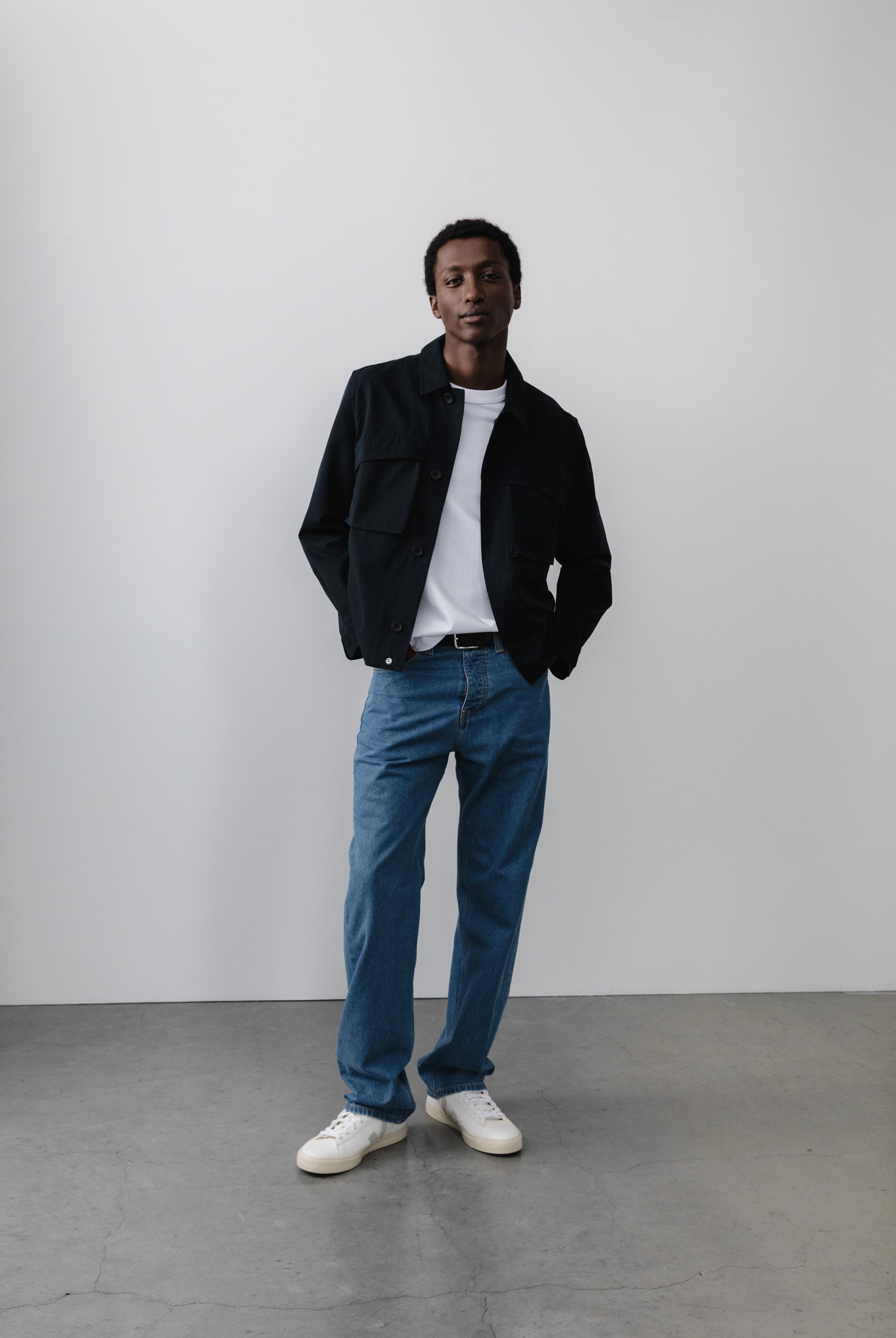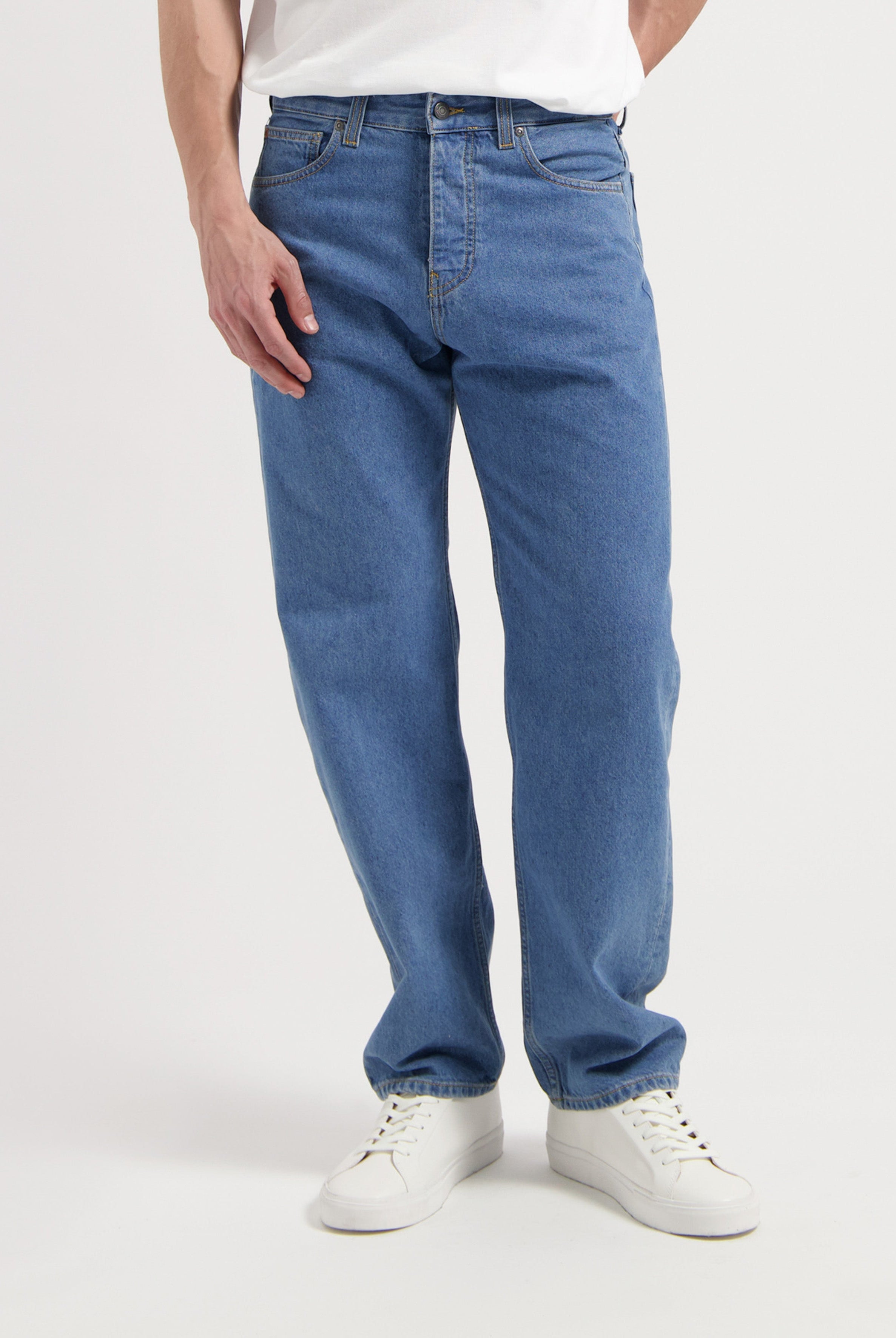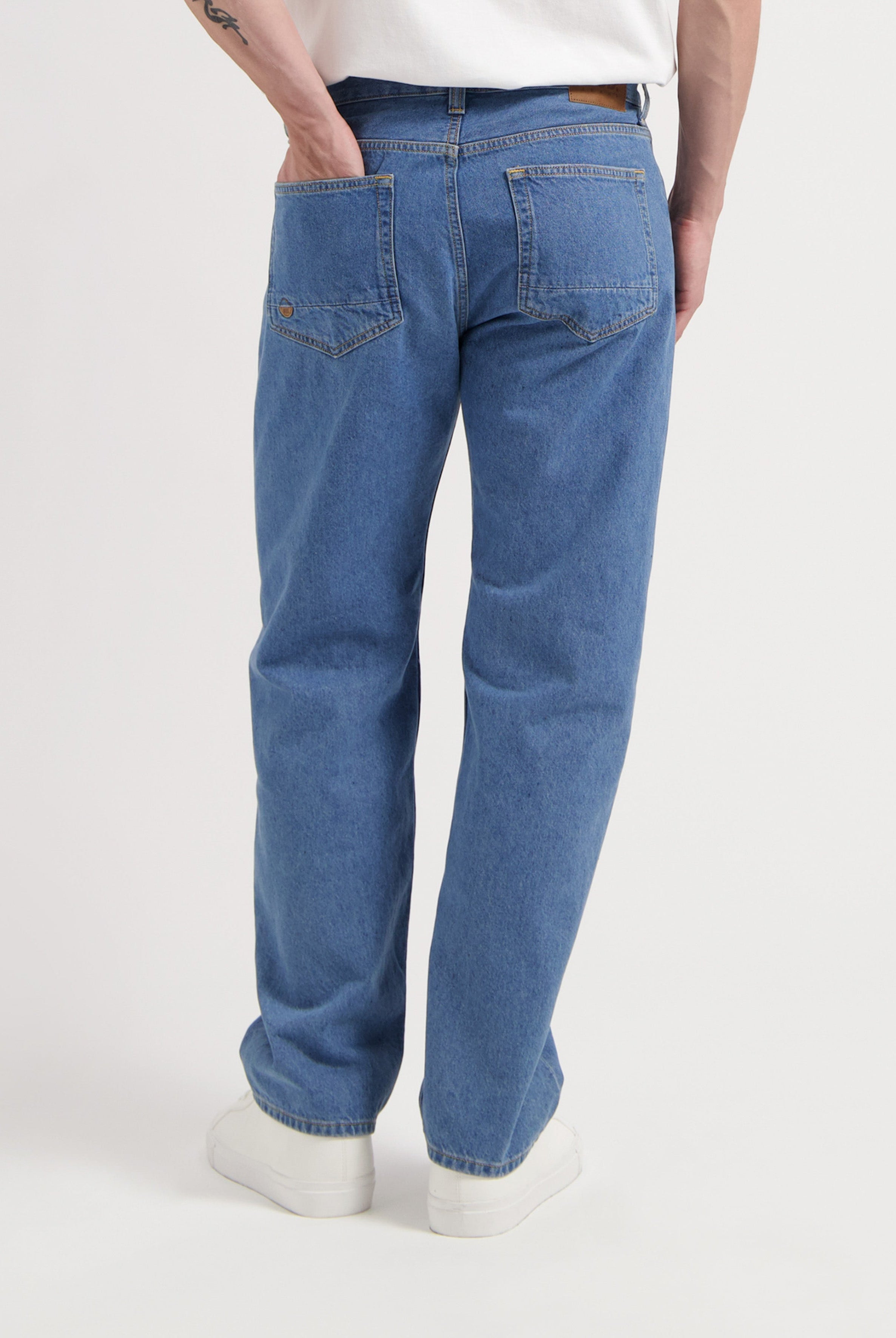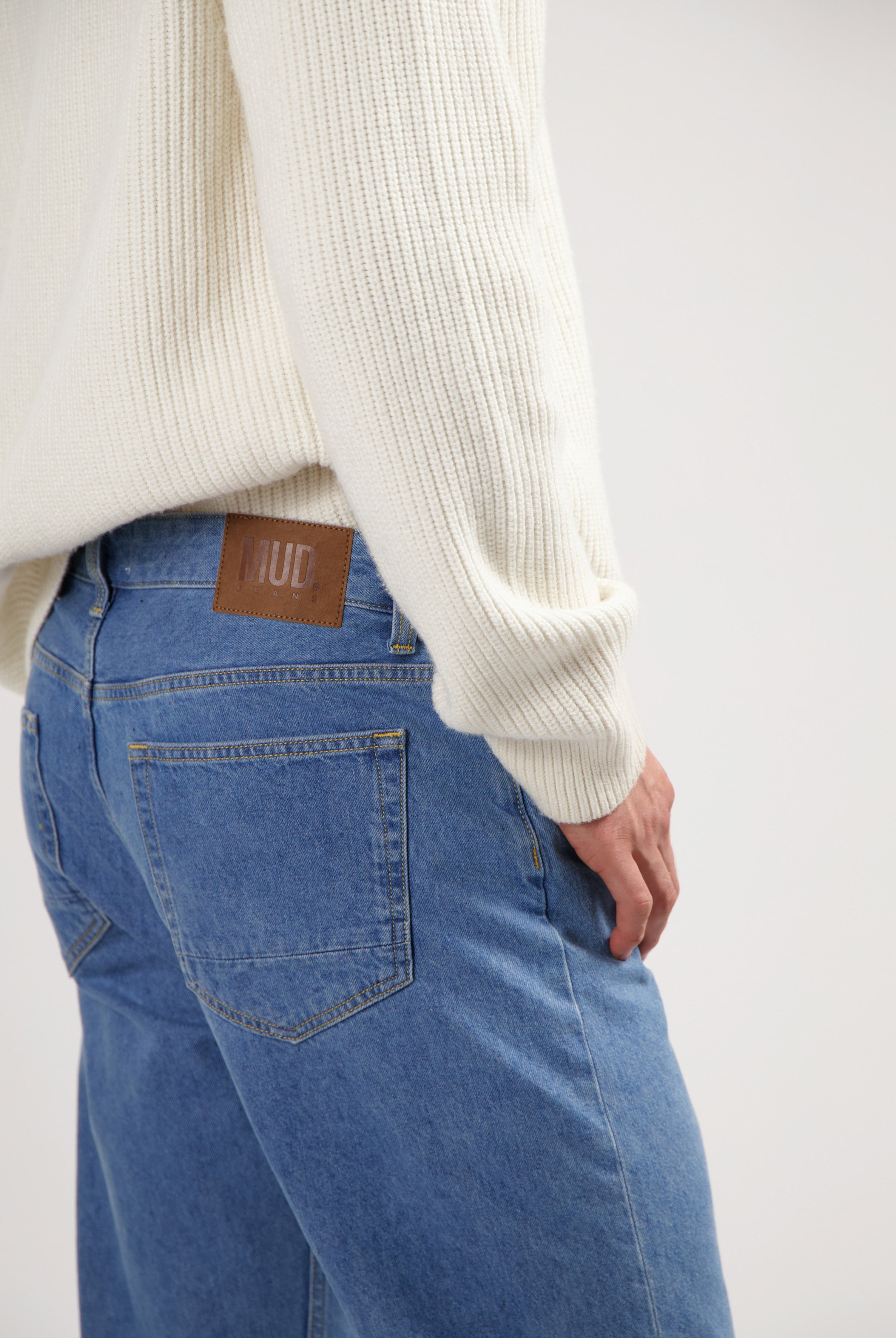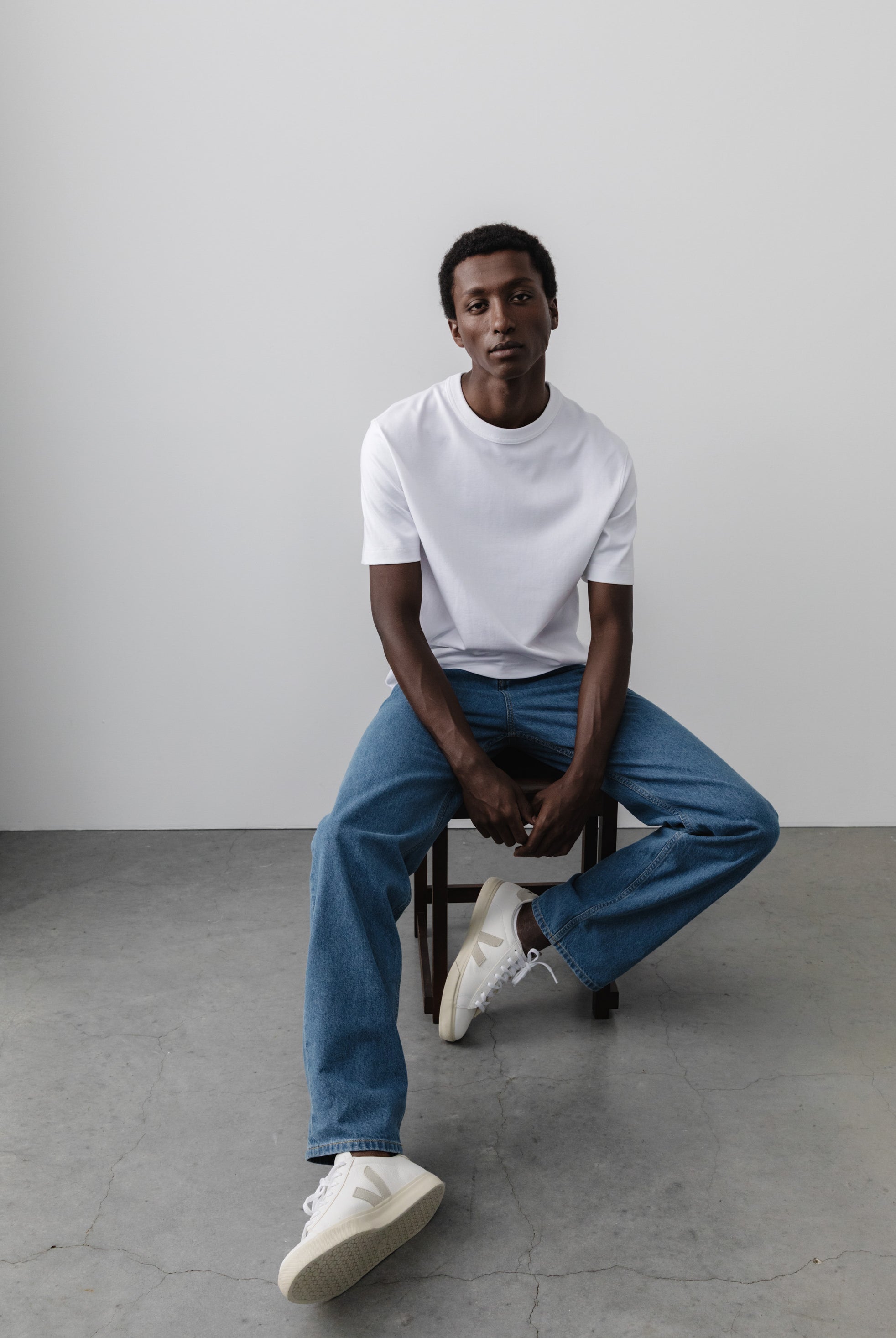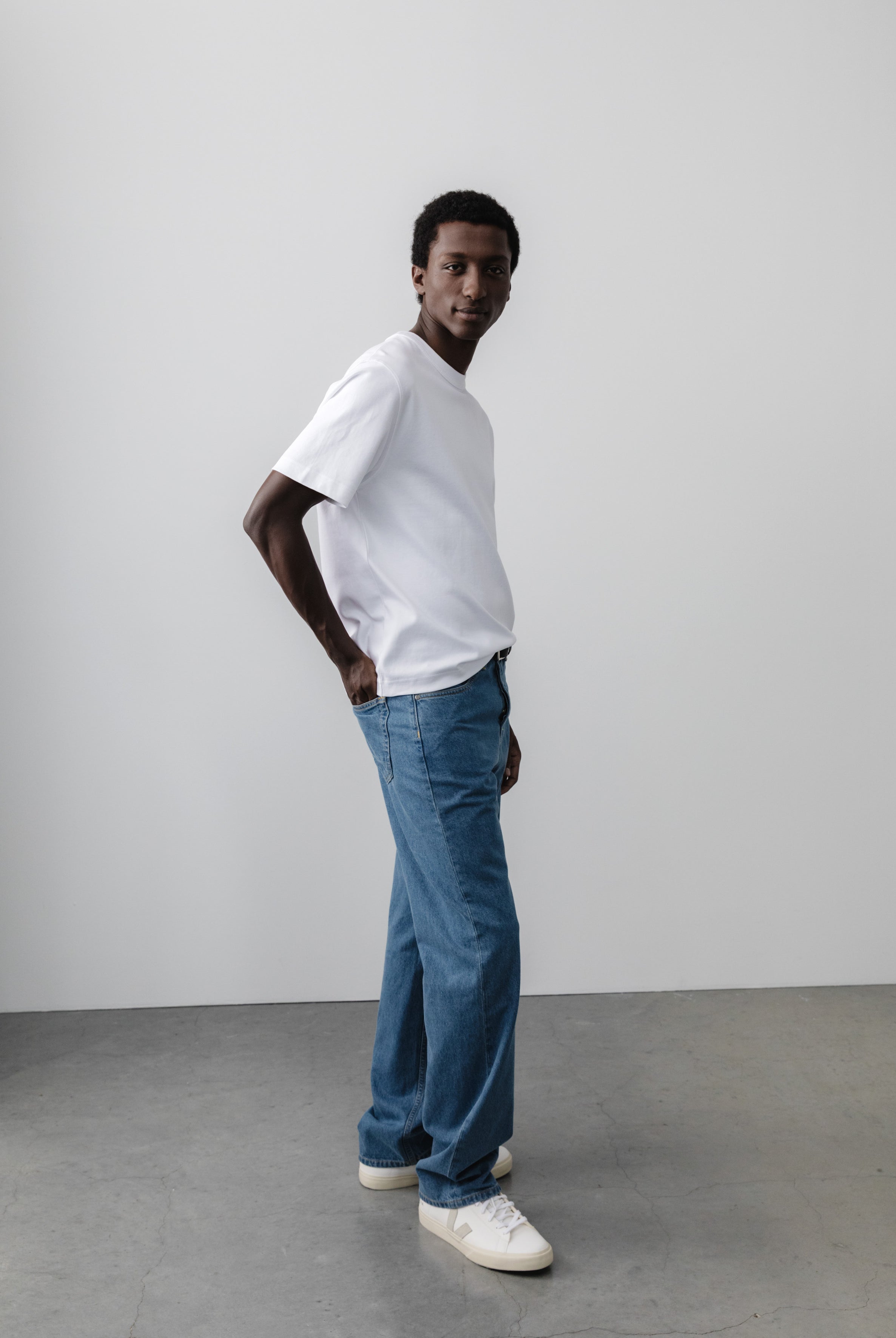This section will show some of the collaborations MUD Jeans has worked on and provide you with insights into how MUD Jeans takes an idea from the meeting table to the shop floor. Partnerships are essential to drive positive change forward. Who you choose to partner with sends a strong message about the kind of brand you are. This section will show you some of the fresh and unconventional projects taken up by MUD Jeans, including collaborations with IKEA and Sea Shepherd and the innovative Lease a Jeans system introduced by MUD Jeans.
Estimated time to complete: 30 minutes
In this section you will:
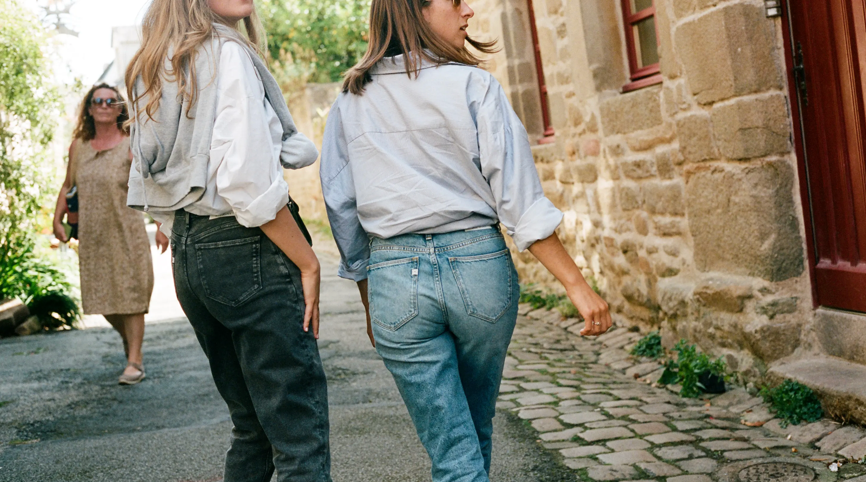
Learn in detail about MUD Jean's partners and their value in furthering the brand's sustainability mission.
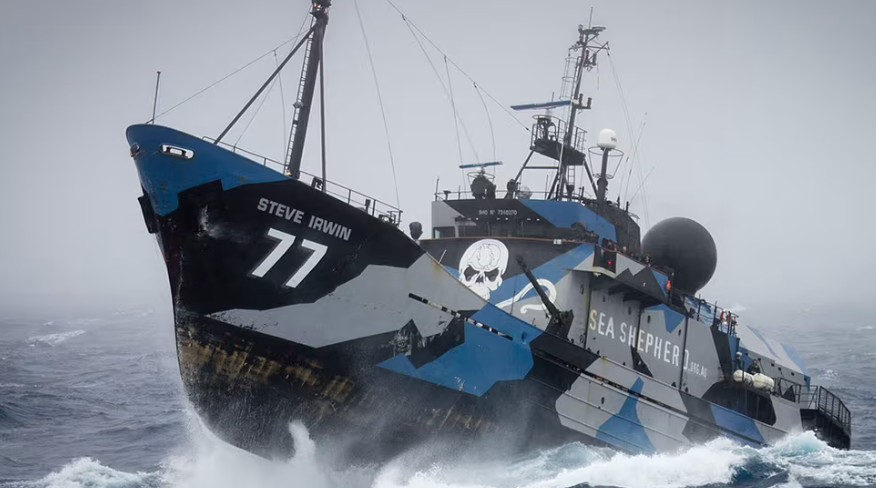
See the different collaborations and projects MUD Jeans is working on to create a more sustainable industry and combat climate change.

Learn more about what it takes to build a sustainable brand, with powerful reach and marketing strategies that reflect a connection with real people driving real change.
MUD Jeans is leading the way in creating circular design, ensuring waste and harmful practices become a thing of the past. Our Founder Bert van Son had a vision - to create affordable, high-quality garments without the damaging human cost and climate change. MUD Jeans has created a new way of doing fashion, one which tackles the massive problems that exist in the fast fashion industry.
Our partnerships
Justdiggit & Greenchoice
Here's a short video of MUD Jeans in conversation with Justdiggit & Greenchoice.
Our planet is warming while the human population is growing.
Learn a bit more about the work Justdiggit are doing.
In Sub-Saharan Africa, climate change, land degradation, and overexploitation are causing temperatures to rise, land to dry up and fertile soils to erode. This causes serious problems such as extreme droughts and famine. Luckily, there is a solution! If we bring back nature on a large enough scale we can positively impact climate change.
Over the last decade, Justdiggit has proven that it is possible to regreen degraded landscapes in Sub-Saharan Africa quickly and efficiently. By inspiring more farmers with the positive impact on the land and people, they are now moving on to the next stage: disruptive regreening.
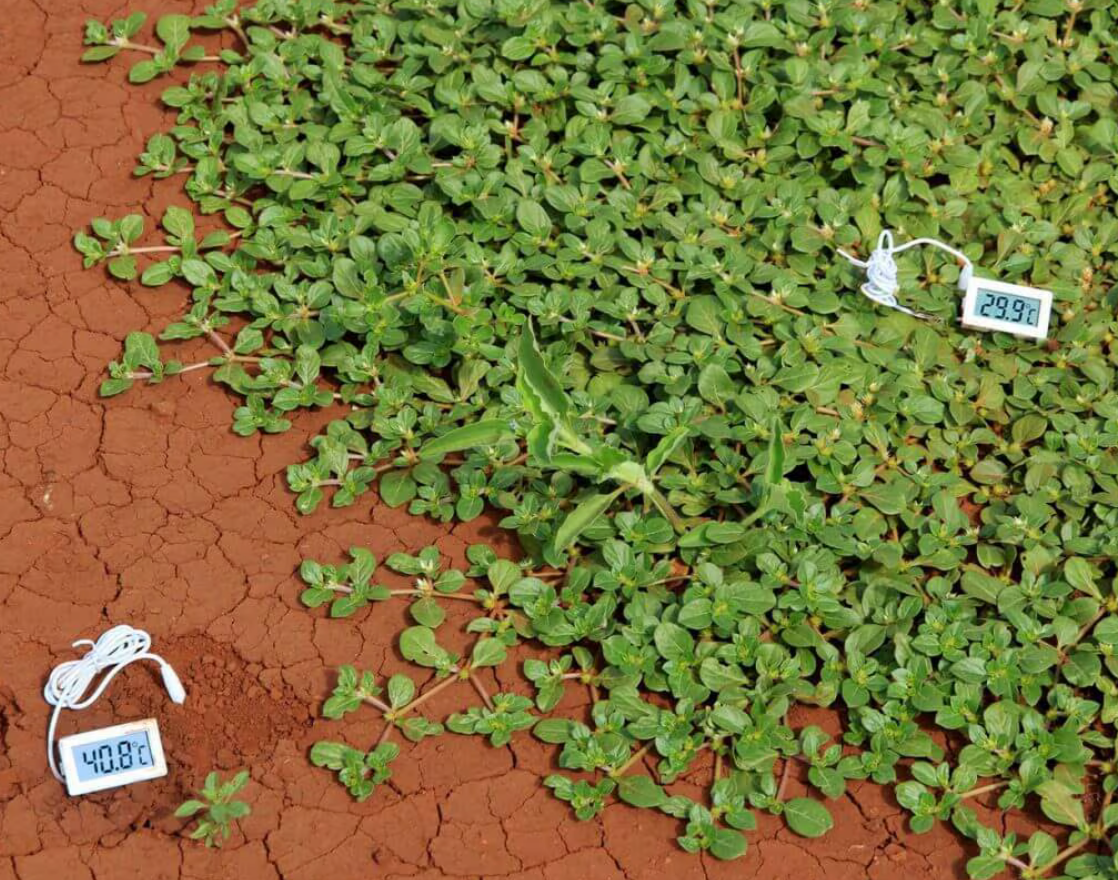
Regreening Programs
Justdiggit's regreening programs run on the ground in Africa use traditional, scalable, and easy-to-apply landscape restoration techniques. In order to further spread these techniques and scale up within our programs, we use media, data, technology and communications.
Together with communities and local partners, designated areas are regreened in a quick, sustainable way. This improves livelihoods and positively impacts biodiversity and climate change.
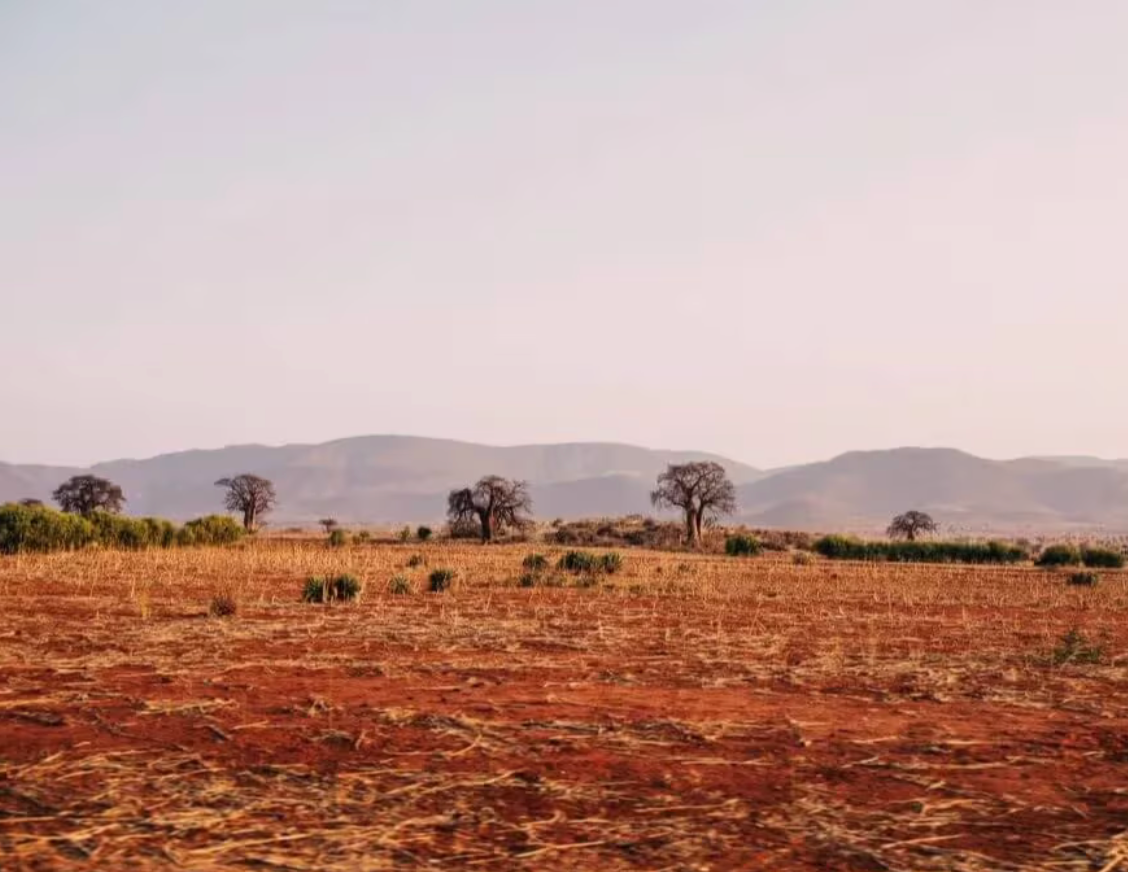
Every year, the world loses 12 million hectares of productive land.
With far-reaching consequences! These include failing crop yields, rising tensions over natural resources, forced migration, and weakened resilience to climate change.
What we need to do is to green up dry, degraded land. When vegetation is lost, the vicious circle of degradation soon takes over: clouds don’t come and the atmosphere heats up. When it does rain, the soil cannot take in water, causing floods and further soil degradation. And so on.
Their impact

60,000 hectares of land being restored
Together with millions of farmers and pastoralists, they are restoring 60 thousand hectares of dry, degraded land. Bringing back vegetation has lots of positive effects on the climate, on the environment and biodiversity, on people and their livelihoods.
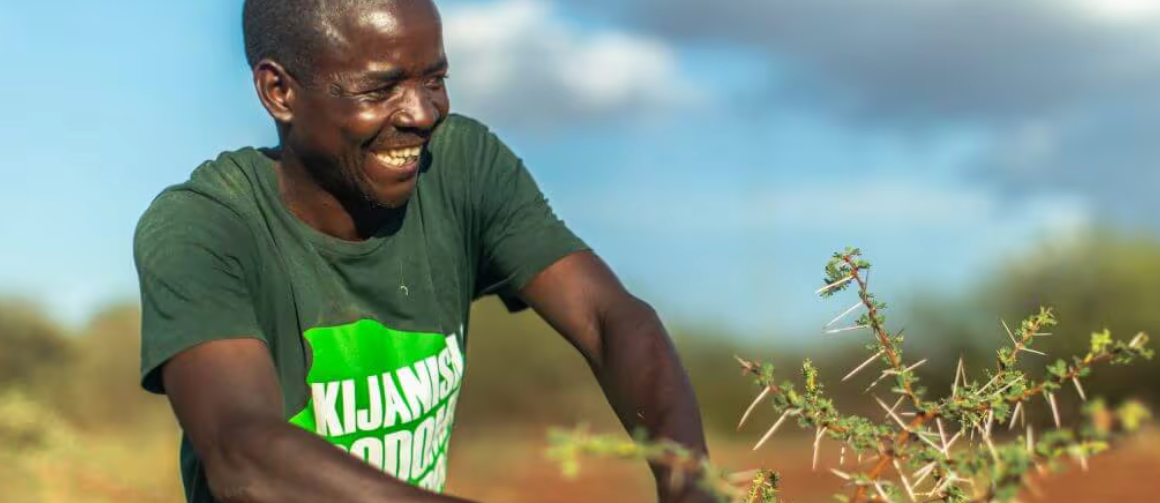
6.3 million trees regenerated
Through their work, forgotten tree stumps are brought back by using a technique called Farmer Managed Natural Regeneration (FMNR), or – as they like to call it: Kisiki Hai. This is more effective than planting new trees! By regenerating those trees, they are able to restore degraded areas and make them green and cool again.
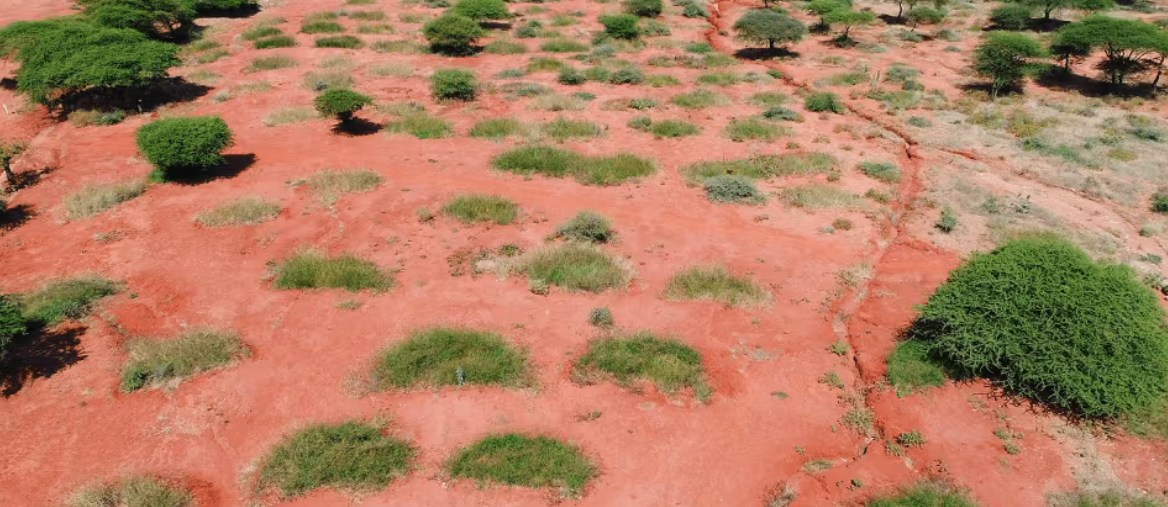
145,000 + semi circular waterbunds dug
Bunds (or as they like to call them: “earth smiles”) are semi-circular shaped pits that capture rainwater. They are dug in their project areas in Africa in order to capture rainwater that will otherwise get washed away over the dry, barren soil. By digging bunds, they can regreen a large area in a very short amount of time, benefiting biodiversity, nature, people and – eventually our climate.
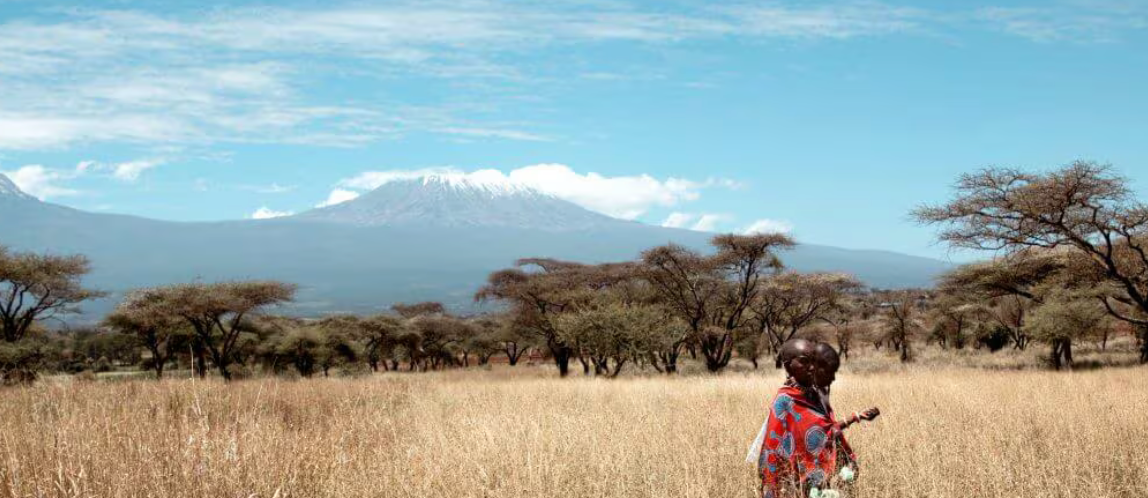
6 grass seed banks
Within their grass seed banks, Maasai women grow, harvest, and sell grass (hay) and seeds. They make an income by selling them on local markets or to organizations. The grass seed banks form an oasis of green in the barren surroundings, and the hay the women harvest is food for their livestock in dry seasons.
In total, they have 6 grass seed banks in Kuku and OOGR, Kenya.
Justdiggit - Why did we partner up?
MUD Jeans is always striving for continuous improvement. Our objective is not only to figure out how to do less harm, but rather how we can do more good. This mentality is reflected in our decision to work with Justdiggit. For every pair of returned jeans, we donate the equivalent needed to regrow one tree. With this work we hope to contribute towards restoring biodiversity, capturing carbon to fight climate change, and supporting local communities. This work goes beyond our standard work, where we measure our CO2 and work to reduce it every year. By regrowing trees, we can contribute to removing CO2 from the atmosphere.
Learn a bit more about the work Greenchoice are doing.
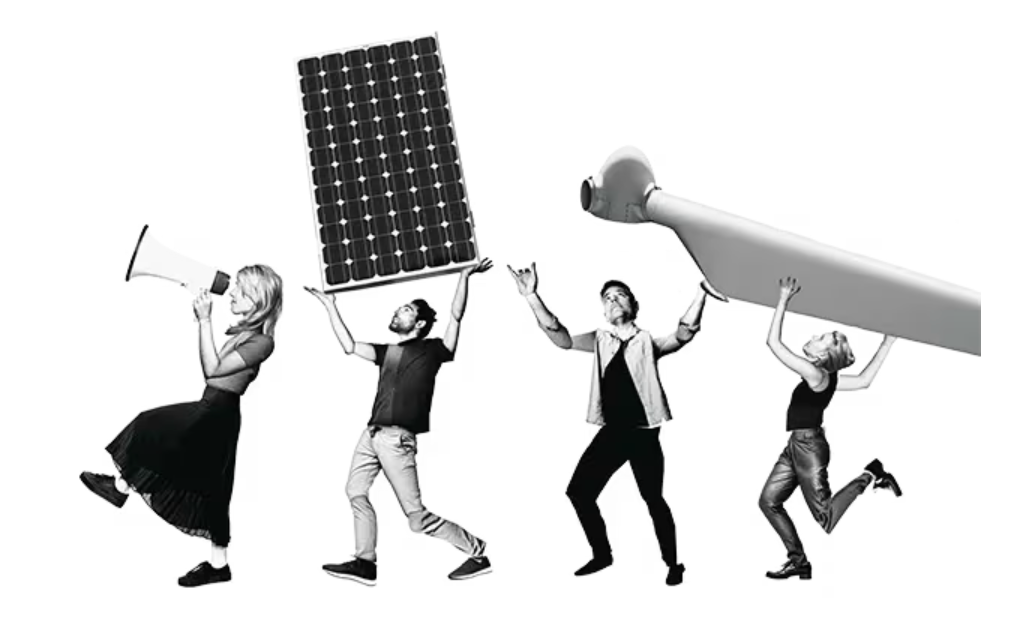
What is green electricity?
Green electricity is electricity generated from renewable energy sources, such as the sun and wind. These sources are the big difference to gray electricity, which is generated from fossil fuels. Green energy from Greenchoice still works the same: it simply comes from your socket and you don't pay anything extra for it. However, choosing green energy from Greenchoice means choosing solar or wind energy.
What is forest compensated gas?
Forest-compensated gas means that natural gas consumption is compensated by planting and protecting trees. Because trees absorb CO2 from the atmosphere during their growth, this contributes to combatting climate change. In addition, forests are important for preserving biodiversity and local people depend on them. They protect existing forests, restore damaged forests and plant new forests in their own projects aswell as in projects of cooperation partners.
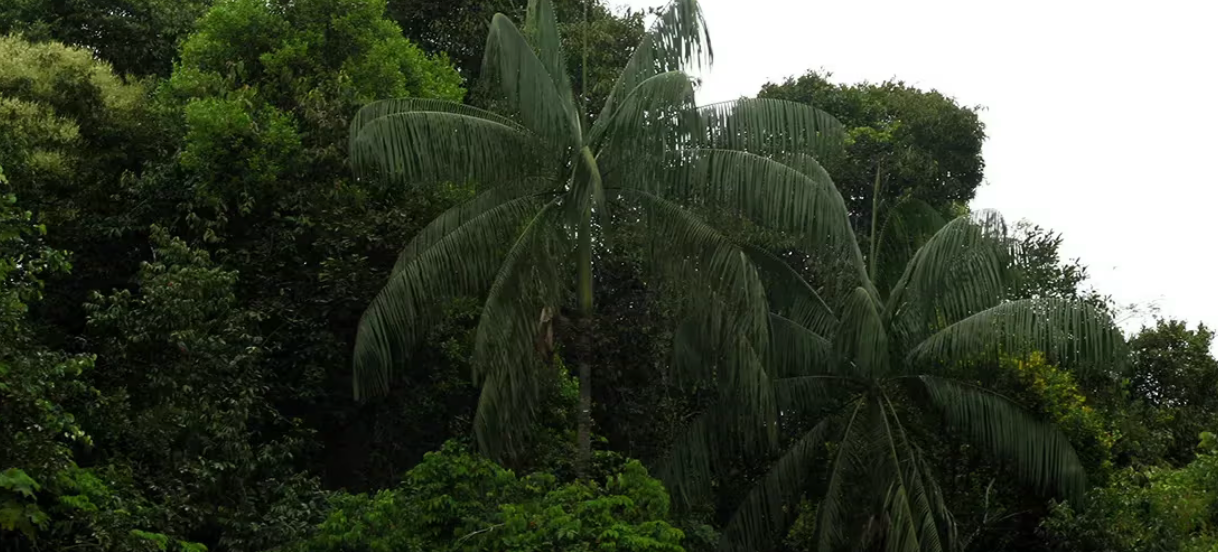
Goal of their own forest project
The Opção Verde foundation (‘green choice’) works in the areas around the towns of Coari and Presidente Figueiredo. Because Greenchoice has deliberately bought areas along the river, they also protect the area behind it against fires and illegal logging. In consultation with the authorities of the Amazonas province, they are eventually trying to have their areas declared a 'national park', with which they can better guarantee protection.
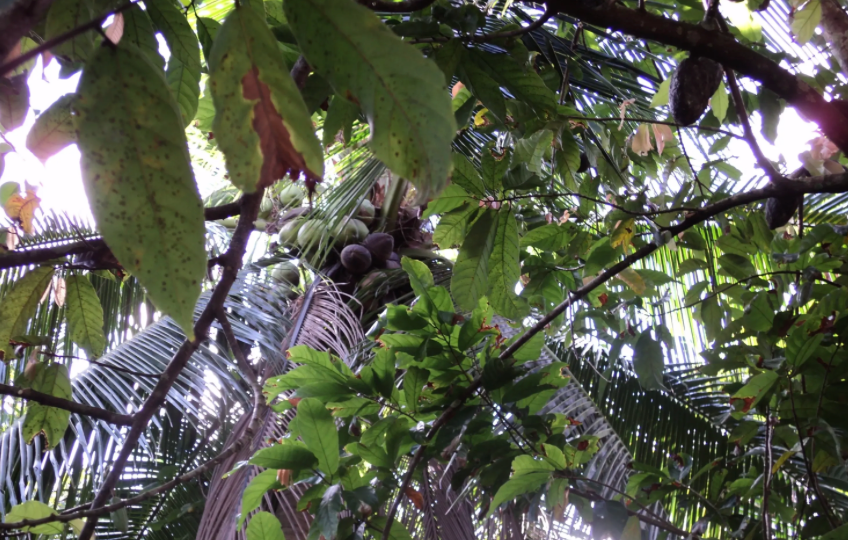
Valuable protected forest
By owning the forest to the patrimonial foundation Opção Verde, Greenchoice ensures that it is actually preserved. In addition, they contribute to the local economy and give tangible added value to untouched forest areas. Untouched forest is worth more than degraded forest. As a result, there is also a change in mentality among the local population when it comes to forest conservation.
The local population does have access to the forest. Greenchoice works with them for a sustainable use of forest products, such as Brazil nuts. The forest thus becomes a source of income for the local population. This gives them a further reason to handle it carefully.
Greenchoice - Why did we partner up?
While MUD Jeans is the first circular denim brand, Greenchoice is the first green energy provider of the Netherlands. At MUD Jeans, we like to partner up with other game changers, especially across industries. Our missions overlap: we both aim to bring sustainable change in our industry. Together we started to raise awareness amongst washing habits. Research showed that, on average, a person washes their jeans after 2 days of wearing, simply out of habit. According to us, this is a waste of energy. In addition, washing less is better for the quality of your jeans.
Additional partners
IKEA
Our objective behind our mission of positive activism is to share our knowledge in circularity and inspire others to do the same. Our partnership with IKEA is very much a reflection of this objective. With IKEA, we created the world's first circular denim KLIPPAN sofa cover. This partnership allowed IKEA to test and learn, and continue to take steps towards their 2030 objective of only using circular materials.
Sea Shepherd
Sea Shepherd Conservation Societyis an action-driven, non-profit, marine conservation organisation. Their mission is to end the destruction of habitat and wildlife in the world’s oceans in order to protect ecosystems and species. In 2019, we teamed up with Sea Shepherd to create a capsule collection. Through this collaboration we wanted to raise awareness of the importance of conserving the ocean and protecting the planet for future generations.
Additional Resources
Videos:
Reading:
- Good Is The New Cool: Market Like You Give A Damn - Available on Amazon
- Co-Branding: How to create successful brand partnerships?


